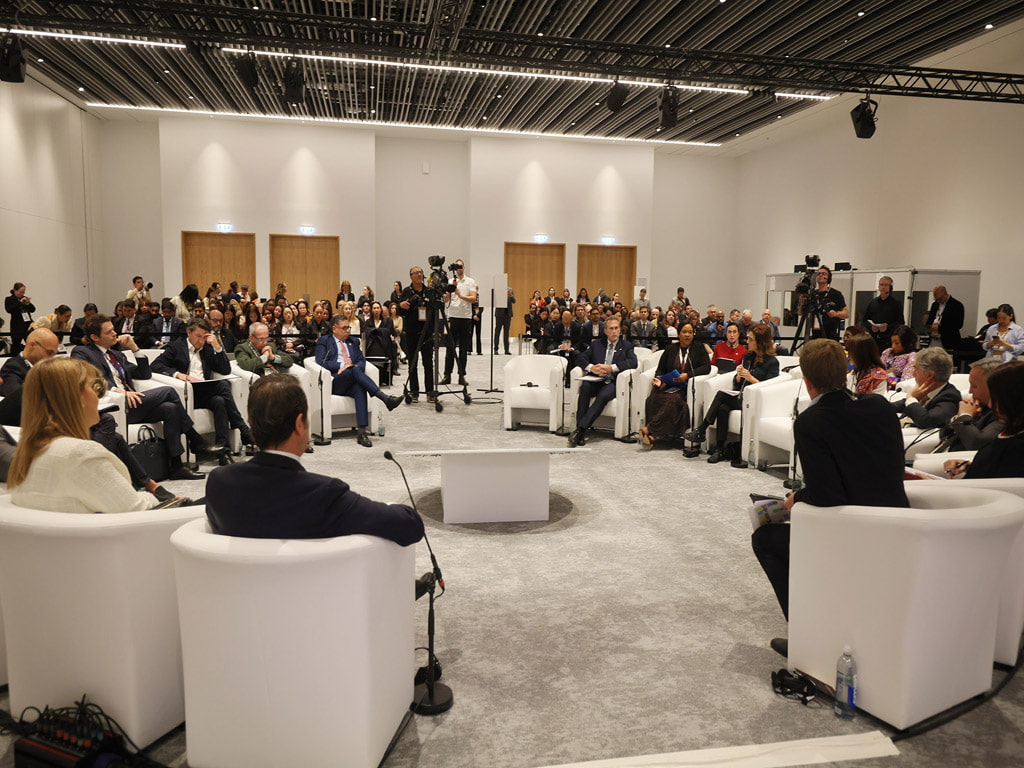Ministers gathered at WTM London 2025 shared their views on how smarter, more inclusive investment models can help destinations to share more widely the benefits of travel and tourism.
The 19th edition of WTM London’s Ministers’ Summit, in association with UN Tourism and WTTC, offered examples of how the public and private sectors are working together to fund the opportunities and mediate the challenges of growing travel and tourism markets.
Many destinations are using tax breaks and other incentives to drive tourism development. Christina Frasco from the Philippines talked about how it was offering fiscal incentives and opening new economic zones for tourism that champion sustainability, green innovation and job creation.
She also talked about accelerating the role of the private sector, which includes the government’s plans to privatise many of its airports.
Similarly, Kenya is using tax incentives and economic zones to encourage private investors to build up tourism along its 500km of coastline. Rebecca Miano added that the government was working on air connectivity and finding ways to encourage airlines to add Kenya to their network.
Increasing air capacity is also a priority for Costa Rica as it looks to address a drop in visitor from the United States. It is marketing strongly in Europe and looking to add more direct flights from the continent.
Tax breaks are also being used by Ecuador as part of its strategy to promote the mainland to visitors to the Galapagos Islands. It has recently allowed the private sector to help manage conservation zones and offers incentives to tourism investors which show a commitment to rural tourism and to working with indigenous people.
Elsewhere, airports emerged as an immediate way to engage the private sector. Laura El Khazan Lahoud from Lebanon said the government and its partners are on track to open a new airport in the north of the country which will encourage low-cost carriers to serve the country. Lebanon is also upgrading its international airport in Beirut with private sector help.
The minister also added that it was retraining many government employees to become more tourist-friendly ahead of the Pope’s planned visit to Lebanon later this month. Investment in training and education for tourism in general was a recurring theme throughout the summit. In her introductory address, WTTC’s Gloria Guevara noted that one way to encourage young people to consider a career in travel, tourism and hospitality was “to work on the narrative” and highlight the benefits of the industry such as earning potential and mobility.
Her sentiments were echoed by Stephanie Peacock, the recently appointed tourism minister for the UK. She said that the UK was looking to broaden the definition of education and to provide young people with the specific skills needed by businesses, including travel and tourism.
Digital literacy is already part of many countries’ curriculums, although Antonio Lopez De Avila from UN Tourism noted that travel and tourism needed to be better at not only collecting data but having people skilled in turning data into actions.
Chris Carter-Chapman from WTM London said: “This year’s Ministers’ Summit was focussed on investment, and I thank the moderator, Christian Fraser from the BBC, for keeping the conversation on topic. We covered investment in airports, incentives and tax breaks, and the long-term value that can be extracted by putting money into training, education and reskilling.
“We look forward to working on a theme for 2026 that will be appropriate for the 20th anniversary of the Ministers’ Summit.” -TradeArabia News Service

